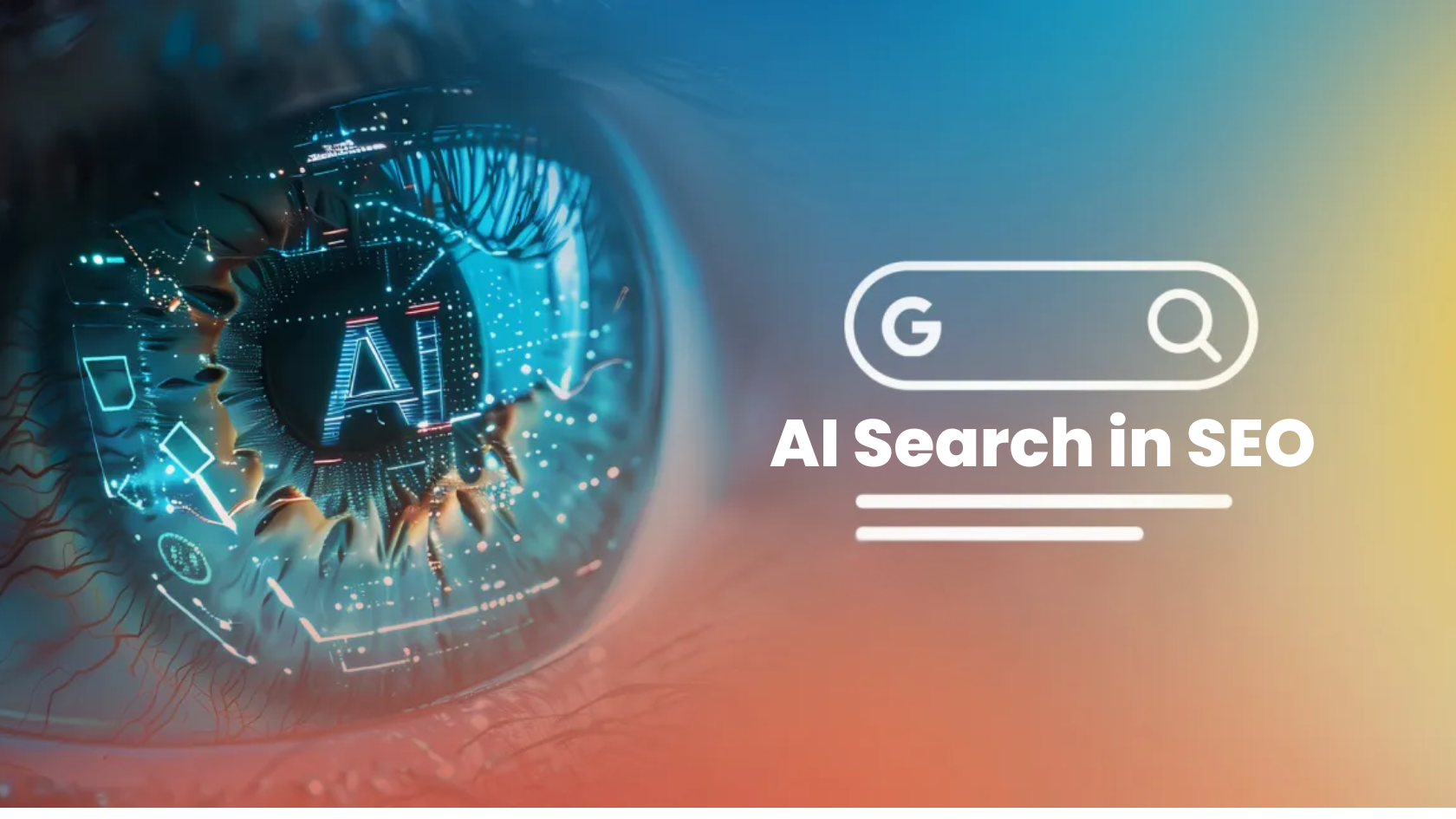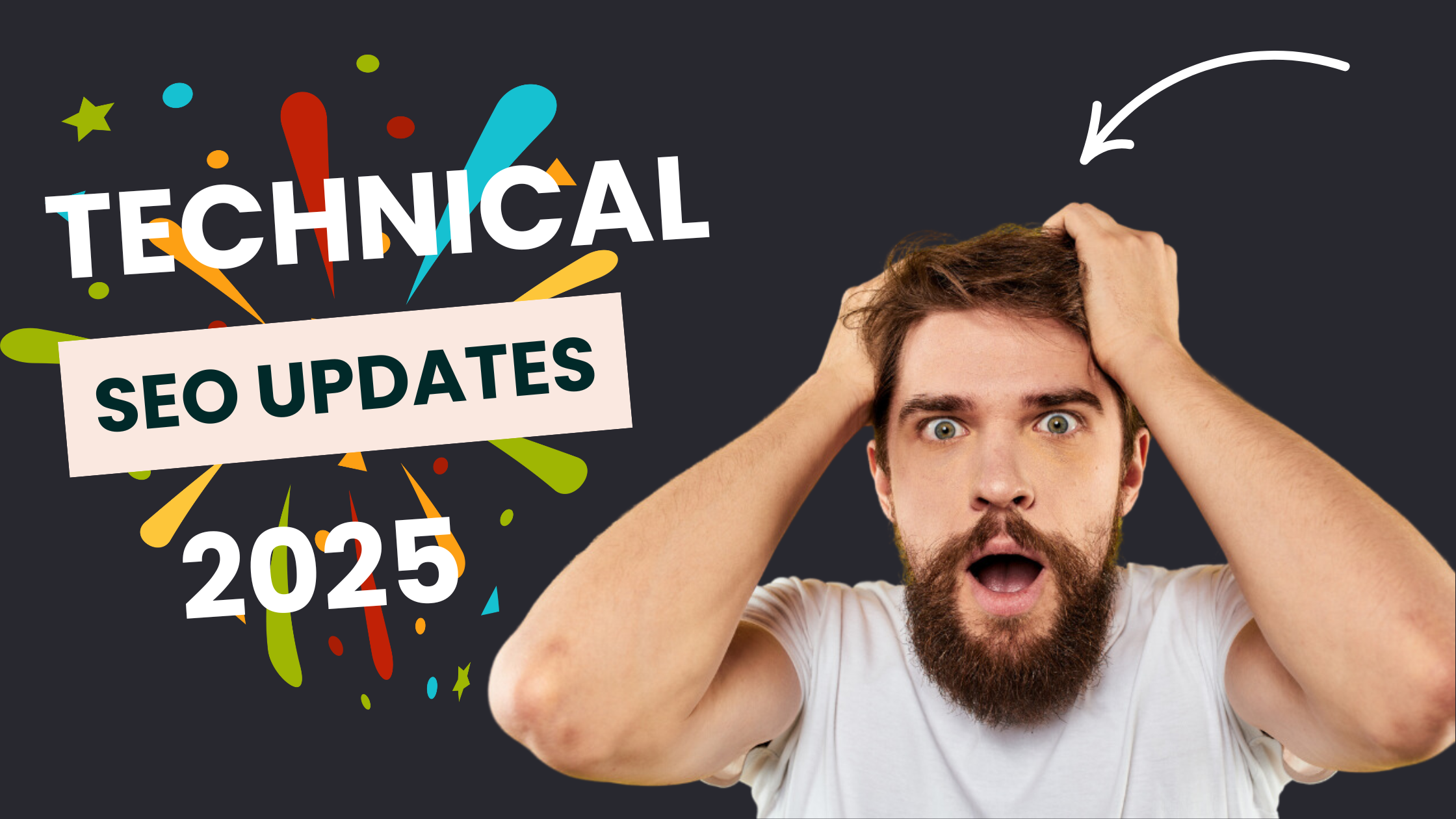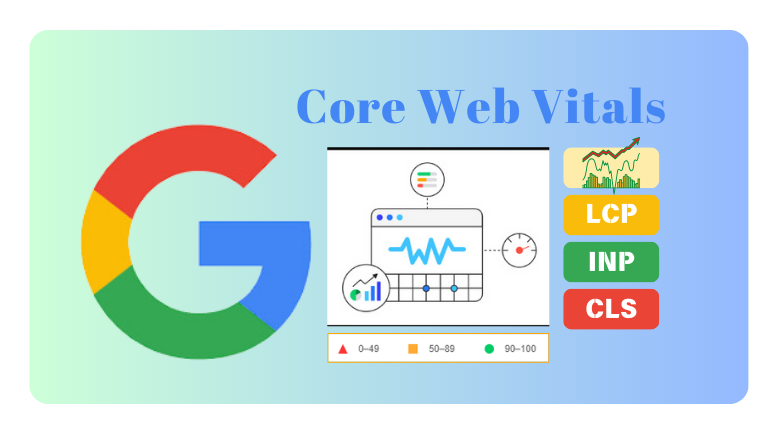AI-powered search engines are reshaping the way businesses rank online. Traditional SEO alone no longer guarantees visibility—brands must adapt to AI-driven search trends.
This guide explores actionable generative engine optimization (GEO) strategies, from content optimization to structured data, helping you rank higher in AI results and attract quality traffic in the AI search era. With the right SEO services, you can boost rankings, attract organic traffic, and stay competitive in the AI search market.
What Is AI Search SEO?
AI Search SEO is the technique of optimizing content for AI-powered search engines that utilize machine learning and natural language processing (NLP) to deliver results. Unlike traditional SEO, it prioritizes intent-based, high-quality content that aligns with AI-powered search algorithms for better visibility.
In fact, AI’s influence in search is growing rapidly. As of July 2024, ChatGPT and Google’s Gemini lead the global AI search market, capturing 78% of all traffic to AI search models. The third and fourth most popular models, Perplexity and Microsoft’s Bing comprise the next 16% of AI search traffic.
The evolution of search dynamics requires organizations to implement AI search SEO strategies that meet the requirements of AI-powered algorithms.
How AI Is Changing Search Rankings?
AI has transformed search rankings by shifting from simple keyword matching to a deeper, intent-based understanding of content. AI-powered algorithms now analyze context, user behavior, and search intent to deliver highly relevant results.
Consequently, the content marketing specialists need to modify their strategies to fulfill the new AI-based ranking requirements. AI search engines no longer prioritize exact keyword matches but instead focus on broader context and user intent.
Moreover, traditional search engines introduce AI-driven features making optimization more complex. These developments also emerge new ranking opportunities beyond traditional search results. Here are some examples of AI-powered features:
AI Overviews: Google AI generates summaries at the top of search results.
People Also Ask (PAA): AI selects related user queries and highlights answers.
Featured Snippets: AI picks concise, structured content to show the above organic results.
Voice Search Optimization: AI-driven voice assistants rank conversational, long-form answers.
How do AI Search Algorithms Work?
Understanding the Web:
AI-powered search engines navigate the Internet like a digital librarian, scanning and arranging information to produce a large index for easy access.
Decoding Your Query:
Rather than simply matching words, AI interprets user intent using context, synonyms, and search history.
Ranking the Best Results:
AI learns from user behavior, prioritizing the most relevant, high-quality, and engaging content to show first.
Personalized Experience:
AI tailors search results using past interactions, location, and preferences to enhance user experience.
Continuous Updates:
AI refines its understanding over time, improving search accuracy based on feedback and new trends.
AI Search SEO Strategies for Higher Visibility
Businesses must adapt SEO approaches according to AI-driven algorithms to rank effectively in the SERPs. Here are some key strategies to consider in 2025:
Understand AI Search Engines
Be aware of the major AI search engines and their specific algorithms. This includes not just Google but also niche AI search engines and platforms. Moreover, different AI search channels are described further in the blog to help you understand and optimize them effectively.
Keyword Research for Conversational Search Queries
Keyword research for AI-driven search engines requires a focus on intent, natural language, and semantic search optimization.
Key strategies include:
- Target Long-Tail Keywords: AI favors specific, question-based queries (e.g., “What is AI search SEO?” rather than just “SEO”). Focus on detailed phrases that match user searches.
- Use Semantic and Contextual Keywords: AI understands word relationships, so using related terms naturally boosts content visibility.
- Analyze AI Search Results: Study AI-generated summaries to identify trending keywords and optimize accordingly.
Optimize for Voice Search: With AI integrating voice search, structure content for spoken queries to enhance rankings.
Tools like SEMrush help identify high-impact conversational keywords to enhance website content and search visibility.
Create High-Quality Content
AI search platforms function better with high-quality information that presents answers in a straightforward manner.
Content marketing specialists must focus on these steps to optimize content for AI search results:
- E-E-A-T: Showcase experience, expertise, authority, and trustworthiness. Share real-world ideas, identify trustworthy sources, demonstrate experience, and add author profiles to build trust.
- In-depth information: Provide thorough, meaningful content that goes beyond superficial features.
- User Intent: Match material to what users are looking for and offer the best readily accessible answer.
- Clear headers and subheadings: Use descriptive headings to organize your information properly.
- Concise paragraphs: To improve readability, keep paragraphs brief and focused.
- Bullet points and lists: Separate text to make scanning easier.
- Question-answer format: Use a Q&A structure to match AI-generated responses.
Technical SEO
A well-structured website improves indexing and ranking in AI-driven search engines. Key technical SEO aspects include:
- Improve Site Speed: Use tools like Google PageSpeed Insights to enhance loading times, as faster sites rank better.
- Schema Markup: Implement schema markup to help AI understand your content structure. This can improve indexing and visibility in search results, especially for voice searches.
- Mobile-First Optimization is Key: AI favors fast, responsive websites that enhance user experience and search rankings.
Build Authority and Trust
Backlinks and brand authority play a critical role in AI SEO, influencing how search engines evaluate credibility and relevance.
Key strategies include:
- Brand mentions: Monitor and engage in brand mentions across the web.
- Backlinks: Earn high-quality backlinks from reputable websites.
- Internal Linking: Strengthening internal links between related pages improves content discoverability and site structure.
- Social media: Build a strong social media presence and interact with your audience.
Monitor and Track Performance
AI search is constantly evolving, making continuous monitoring and optimization essential. Track performance effectively by:
- Using Google Search Console and GA4: Analyze traffic, ranking fluctuations, and AI-generated search impressions.
- Monitoring AI Search Features: Observe how AI-generated results display content in search summaries and snippets.
- Tracking Voice and Conversational Queries: AI search increasingly integrates voice-based searches, making voice query tracking essential.
Stay Updated
- AI search is evolving: Keep up with the latest trends and updates in AI search.
- Experiment and adapt: Continuously experiment with new strategies and adjust your approach as AI search engines evolve.
As a result, businesses should embrace advanced digital marketing services to remain competitive and keep up with the latest market trends.
Types of AI Search Channels
AI search channels can be categorized based on their purpose, functionality, and how they leverage artificial intelligence to deliver results. Here are the main types:
Traditional Search Engines with AI Enhancements
- Google Search (AI Overview): Uses AI to summarize search results and provide quick insights.
- Bing AI Search: Integrates OpenAI’s GPT-4 to enhance search results with conversational responses.
Optimization Tip: Use structured content, long-tail keywords, and schema markup to rank in AI search engines.
Conversational AI Search (Chatbots & AI Assistants)
- ChatGPT (OpenAI): AI-powered chatbot that answers queries conversationally.
- Gemini: Provides AI-generated responses with sources.
- Microsoft Copilot: AI assistant integrated into Windows and Microsoft 365 for productivity.
- Perplexity AI: Offers a research-based AI search experience.
Optimization Tip: Use a conversational tone and structure content in a Q&A format to align with AI chatbots.
Voice Search & AI-Powered Virtual Assistants
- Google Assistant: Voice-activated AI assistant integrated with Google services.
- Apple Siri: AI-driven voice assistant for Apple devices.
- Amazon Alexa: AI voice assistant controlling smart devices and providing information.
- Samsung Bixby: Samsung’s AI assistant for voice commands and device automation.

Optimization Tip: Develop voice-friendly content with long-tail keywords, FAQs, and structured answers that match how users speak.
AI-Powered E-commerce & Retail Search
- Amazon’s AI Search: Uses AI to personalize product recommendations and search results.
- Shopify Search & Discovery: AI-powered search tool improving e-commerce shopping experiences.
- eBay’s AI Recommendations: AI-driven search suggesting relevant products based on user behavior.
Optimization Tip: Optimize product descriptions, reviews, and AI-friendly metadata to rank in e-commerce AI search.
AI Visual & Image Search
- Google Lens: AI-powered visual search tool for identifying objects, text, and landmarks.
- Pinterest Lens: AI image search tool for discovering visually similar content.
Optimization Tip: Use alt text, structured image data, and AI-readable image descriptions.
AI-Powered Social Media Search
- YouTube AI Recommendations: AI-driven search optimizing video recommendations.
- TikTok’s AI Search: AI-enhanced search delivering trending and personalized video content.
- Meta AI: Conversational AI embedded in Facebook, Instagram, and WhatsApp.
Optimization Tip: Use AI-friendly metadata, captions, and structured video content.
Conclusion
Success in AI-driven searches isn’t just about trends—it’s about understanding user intent and delivering valuable, optimized content. By staying informed and adapting to AI advancements, businesses can build a strong online presence and achieve higher rankings.
Want to see your website rank higher in AI search? Contact us, and let’s make it happen!
FAQ
How to rank in AI searches?
Concentrate on semantic search and conversational questions. Create compelling, authoritative content using structured data to match AI-powered search results.
How to rank in Generative AI?
Provide valuable, well-structured content that answers user intent. Use entity-based SEO and multimedia like images and videos to improve AI-generated search visibility.
How will AI search affect SEO?
AI search is less keyword-centric and more intent-based, with greater emphasis on content worth, user experience, and schema markup. SEO strategies must evolve to stay competitive in AI-driven rankings.







